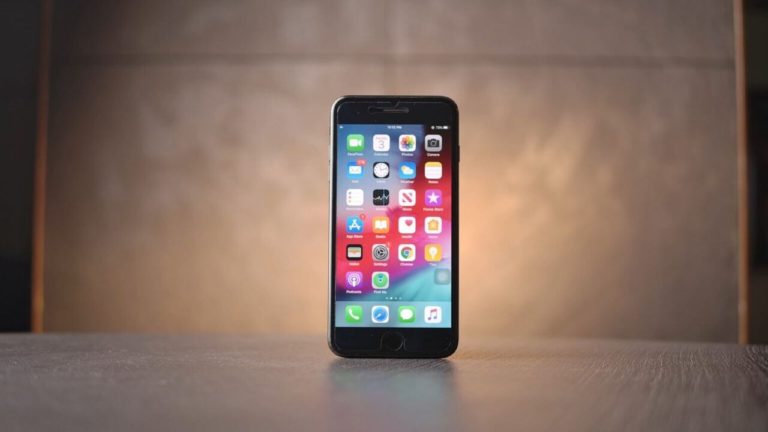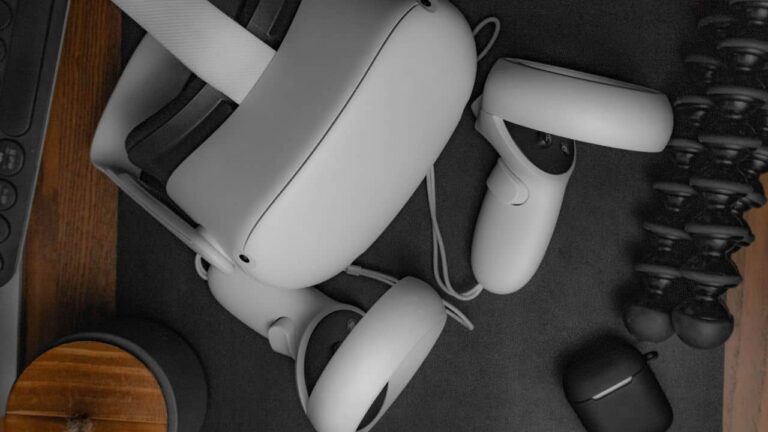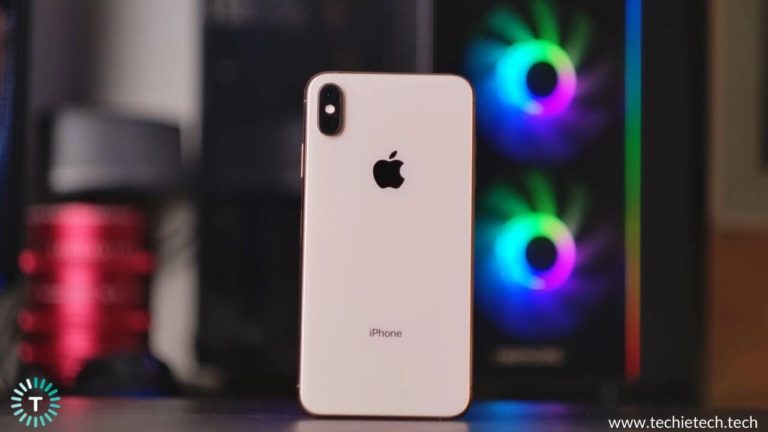Every year Apple releases a new version of iOS with plenty of new features. Back in June at WWDC 2023, the tech giant announced iOS 17 with a lot of new features. At the Wanderlust event on 12th September 2023, we finally saw the iPhone 15 Pro series, the regular iPhone 15 series, and the new Apple Watches. Post the event, Apple also announced the release date for iOS 17.
I’m pretty sure you’re just waiting for the “New Software Update Available” notification to pop up anytime. For the curious ones, the release date for iOS 17 is 19 September. I know you’re excited about the new Contact Posters, Safari profiles, NameDrop, customizable iMessage stickers, and a lot more. I know you’re absolutely beaming with excitement to test out those new features.
I’m here to take your excitement away. You should not update to iOS 17. At least, not for a few weeks. I recommend you wait for at least a month to finally upgrade to iOS 17.
Here’s how this works, all software companies test their new operating systems across a lot of devices both internally and externally (i.e. the developers and general public). Apple calls these as Developer Beta and Public Beta releases of iOS.
This goes on for months and even after all this testing, there are a lot of bugs and optimizations that are needed to make a new iOS run smoothly on older hardware.
I can already guess a question that popped up in your head.
“The iPhone 15 series comes with iOS 17”
That is because the iPhone 15 series was developed for iOS 17. Actually the other around. So, it will run the smoothest on the iPhone 15 series.
Here are five reasons why you shoud not update your iPhone to iOS 17:
Tons of Software bugs
There hasn’t been a single year of any major software update where we haven’t experienced bugs that affect the basic functionality of iPhones. These software bugs usually cause issues like random app crashes. For example, the iPhone camera app would stop working, or you’re unable to make a phone call from your iPhone because the Phone app keeps crashing. Another common instance is when your iPhone won’t charge unless restarted or your iPhone is overheating from basic tasks like reading emails. And the most irritating of them is lag. When your apps start lagging like you’re using a decade-old phone.
If you’re someone who’d be annoyed by such instances, it’s better you push the “Remind me later” button to that update notification.
Your iPhone’s battery will drain faster
A new operating system with a lot of new features requires more power to run. Your iPhone will have to work harder to learn your habits for the new features. It’d have to work harder to process the new features, index the files again, etc. So, it’d automatically consume more power in the background.
In short, the new iOS 17 update will not exactly be a fully optimized operating system. A lot of bugs and glitches need to be sorted out in the later weeks and months. These bugs cause random overheating and battery issues. In fact, according to a poll, 64% of iPhone users reported battery drain problems after updating to iOS 16.
If your iPhone’s battery health is not in good shape or declining, we recommend putting off the iOS 17 update ceremony even longer. Usually battery drain is accompanied by battery overheating and this could damage the battery health of your iPhone.
As a result, you’d find yourself looking for an iPhone charger more frequently than before. If your iPhone used to last you an entire day, it’s likely you’d be tethering it to a wall by evening.
There have been millions of instances like this. Every year they are reported on Apple Forums, Reddit, and hundred of other sites.
Broken 3rd party apps
Not all third-party apps for iPhones are immediately ready to adapt to the latest iOS updates. Developers require time to ensure their apps work seamlessly with the new features. Even though they have plenty of time during beta releases, the sheer amount of iPhone users causes optimization issues. Here’s a quick look at some of the real-life examples taken from user complaints.
The multiplayer game that you’ve been playing seamlessly for months would start to overheat your iPhone. Or it would just randomly crash during an important mission.
Another example is secure messaging apps like WhatsApp, which would run into issues like when your WhatsApp call keeps disconnecting after one ring.
Even after months of testing and updates, these third-party app developers still need time to optimize their apps for millions of users with their unique usage. If your workflow depends on these third-party apps, it’d be prudent to wait this update out until the developers have updated and optimized their apps for iOS 17.
Low performance
This is actually a summed-up result that is caused by all of the above-mentioned factors. Since your iPhone would be running an unoptimized version of iOS. It wouldn’t be able to take full advantage of your iPhone’s hardware. Plus, all the bugs and glitches would keep causing trouble in the background. All this could cause your iPhone’s performance to temporarily take a hit. When you update to iOS 17 in the early days, you’d find app loading times to be longer, some of your games would run at lower FPS, exporting or editing videos & pictures would take a lot longer, etc.
You might not get the exciting new features
Apple dropped support for the iPhone 8, iPhone 8 Plus, and iPhone X. So, if you own any of these iPhones, you won’t be getting the new iOS 17 update. This is not exactly bad news. Apple did this to ensure your old iPhone lasts longer.
Here’s why. New softwares are heavy on older hardware. Meaning, the six-year-old processors in these iPhones will have to work harder to ensure you can enjoy the new features. As a result, this would compromise the battery health, the battery life, and even the processor life of the iPhone. In the end, it would mean a bad overall user experience. Apple chose to drop support for these iPhones so that your good old can provide a better user experience without compromising on the basics. By the way, you’d still get security updates, so that’s good on their part.
Now, all this can be avoided if you’re patient enough. In fact, if you want proof, just wait for a few days after the public release of iOS 17. You’d find thousands of complaints and reports all across the internet.
Also read: iOS 17 vs iOS 16




